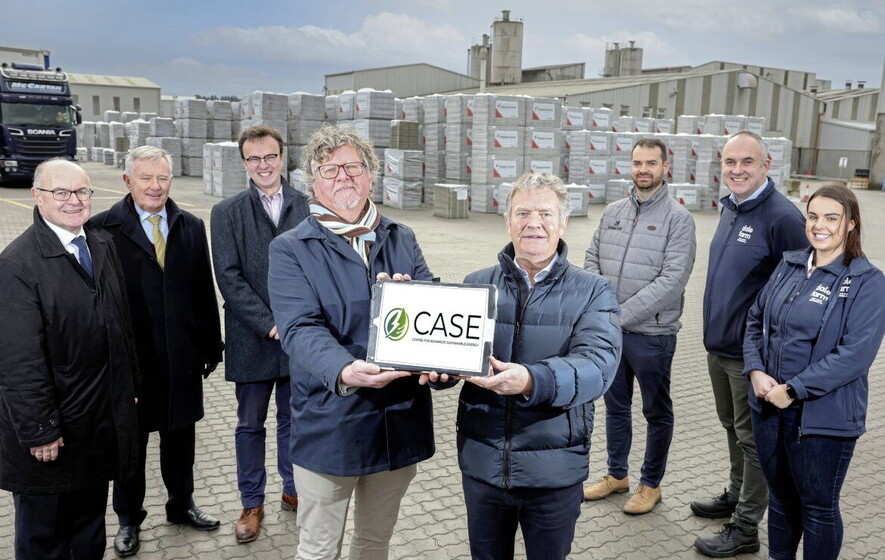Economic Disruption through Decarbonisation, Digitalisation and Decentralisation and its Impact on Energy, Materials and the Built Environment.
Economic disruption driven by Climate Change and environmental objectives is having a transformational effect on reshaping industries and influencing policy decisions whilst providing a catalyst for growth innovation and adaptation. New technologies, business models, and processes emerge as a response to these challenges. Companies that fail to adapt risk losing market share or becoming obsolete.
Economic disruptions also create investment opportunities. Investors seek sectors that are poised for growth during and after disruptions. There are risks associated with market volatility and uncertainty, Government policymakers must balance both the short-term relief with long-term sustainability as the economy shifts.
Three of the main drivers for change affecting current fields of endeavour involves Decarbonisation, Digitalisation and Decentralisation – the three “D’s”. These three phenomena appear disruptive in every field, posing a big challenge to both businesses and government policy makers. The declining average carbon intensity of primary energy over time has accelerated the exploitation of new and clean energy sources.
The electrical power system in particular is being impacted with different needs and a resource mix dependent on an interconnected and stable electricity grid which is the backbone of a well-functioning and competitive energy market. The growing demand for renewables requires grid integration which is not an easy task due to network inadequacy and the fact that there is not enough physical capacity to accommodate supply and demand connections. This is due to difficulties in optimizing grid capacity that was designed for centralised fossil fuel generation and inefficient grid planning.
Greenhouse gas reduction objectives has meant the re-defining of each place in terms of its carbon footprint and re-organizing our future ecosystem across all economic sectors including the Built Environment, Mobility / Transport, Energy, Heat Networks, Manufacturing, Healthcare, Education etc. This ecosystem includes homes, offices, factories, highways, and more and by implementing effective solutions. In this scenario companies can not only lower emissions but also create immediate value.
The built environment accounts for 40% of total energy used including emissions. This represents new business opportunities as global Decarbonisation gains traction. Environmental compliance and sustainability are needed for new and existing infrastructures. In the competitive construction industry, a focus on reducing the carbon footprint of materials and the embodied carbon throughout a building’s lifespan is becoming increasingly important. Suppliers who can demonstrate a commitment to sustainability by offering low carbon materials and solutions will be well-positioned to thrive in this emerging market.
To remain competitive, suppliers must prioritize minimizing the carbon value of their materials and providing products that contribute to a reduced carbon footprint throughout the building’s entire lifecycle. This shift towards sustainable practices is not only essential for environmental responsibility but also a key factor in meeting the growing demand for eco-conscious construction projects.
Within the overall context, it is also worth underlining the main role played by ICT and automation both in buildings and in the power grid. In particular, Decentralisation and Digitalisation for power systems are common enabling technologies due to the need for connections and communication between decentralized generators, load aggregates and storage systems and grid connected buildings within a low carbon footprint.
The NI construction materials sectors de-carbonisation delivery will be critical to the wider net zero ambitions of the built environment and transport sectors. In this regard I pay tribute to the work of MPANI in bringing together all parts of the minerals sector to collaborate on achieving decarbonisation. May I wish you well and CforC support in these endeavours.




.png)